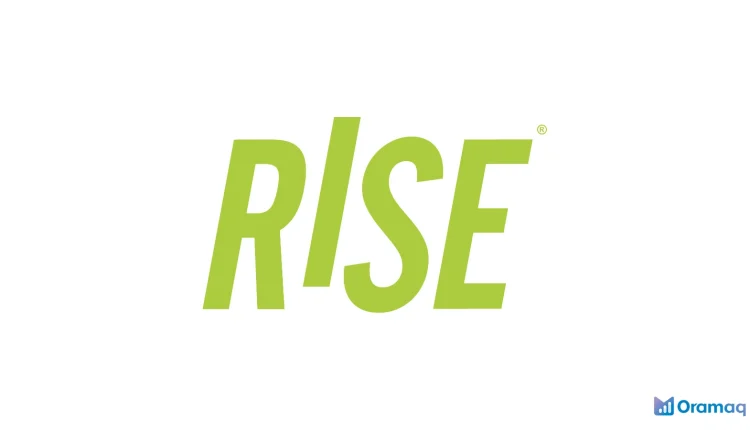Rise Credit Review 2024 – Fast Cash for Bad Credit, But Expect APRs Up to 299%
Rise Credit installment loans in 2024, fast same-day funding for bad credit borrowers with APRs up to 299%, and key points on costs, approval speed and safer alternatives

Overview of Rise Credit in 2024
Rise Credit, offered by Texas-based Elevate, targets Americans with bad credit who need fast cash. The lender provides Rise installment loans from $300 up to $5,000, with approval speed and same-day or next-business-day funding in many cases.
Marketing highlights quick funding and easy online applications, but the tradeoff is steep: APRs can reach as high as 299%. If you have a low FICO or limited credit history, Rise is designed to be accessible, though costly.
Costs, APRs and a real example
Interest and total cost are the key downsides. Rise Credit advertises APR ranges from roughly 58.9% to 299%, so a $2,000 loan can cost thousands more over time depending on your rate and term. There are generally no origination or prepayment penalties, but the APRs dominate the math.
To make a smart decision, run the numbers before accepting. Use pre-qualification to see an estimated APR, then compare monthly payments and total repayment. High APRs mean small loans can quickly become expensive if you carry the balance long term.
How to apply, approval speed and reporting
Applying is straightforward and tailored for US borrowers: supply personal info, income details and bank account access online. Rise may do a Teletrack check, and final approval usually triggers a hard pull and a funding timeline that can be same-day or next business day.
One benefit is credit reporting: Rise reports payments to two of the three major credit bureaus, which can help rebuild credit when you pay on time. Still, watch out for potential visibility to other lenders using alternative bureaus if you shop multiple bad-credit options.
Alternatives, refinancing and safer moves
Before committing to a Rise installment loan, explore credit unions, community lenders, or options like OppLoans and Oportun which may offer lower rates or more favorable terms. Local nonprofits, employer advances, or borrowing from family can also avoid triple-digit APRs.
If you already have a high-rate Rise loan, refinancing through a credit union or an online lender that handles high-risk borrowers could reduce monthly payments. Always compare total cost, fees and eligibility requirements before switching.
For urgent cash needs, Rise Credit can deliver speed and access for people with poor credit, but APRs up to 299% make it a last-resort choice for most Americans. Use pre-qualification, compare alternatives, and prioritize lenders that report to all bureaus and offer lower interest when possible.






























